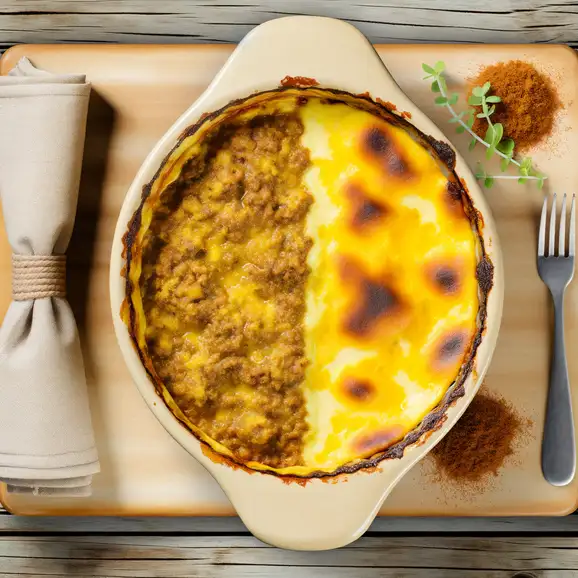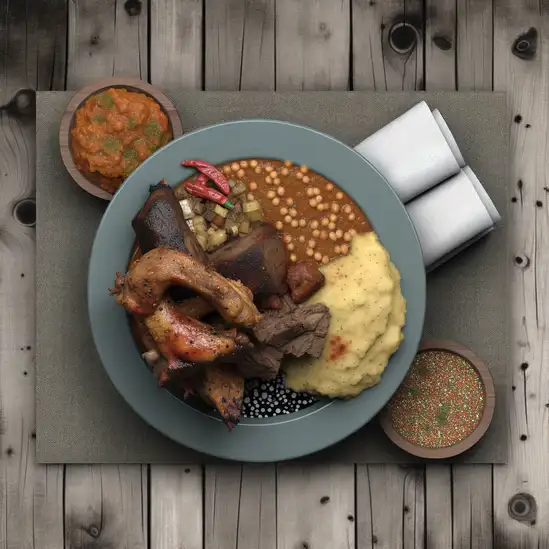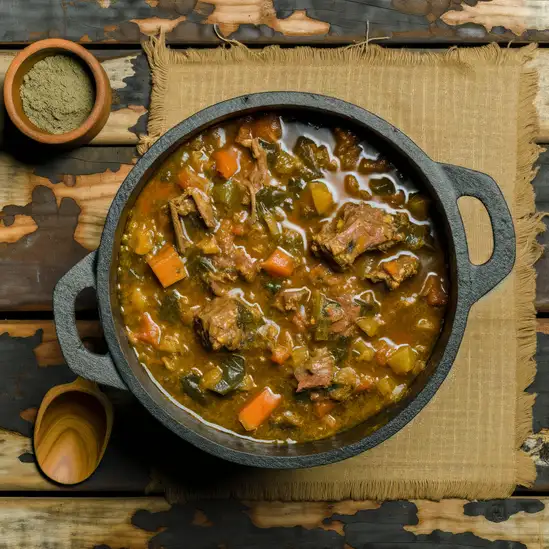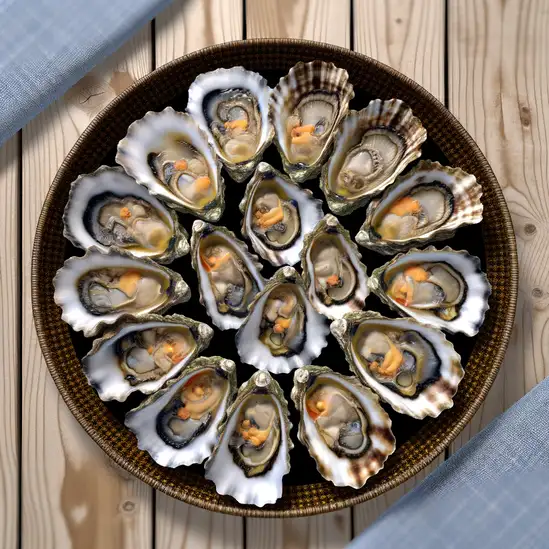



If you ever find yourself craving a place where nature’s calmness wraps around you like a soft blanket,Knysna is that kind of town. Nestled along South Africa’s Garden Route,it’s a charming blend of lush forests,shimmering lagoons,and a laid-back coastal vibe that instantly slows your pace. Walking along the waterfront,you’ll catch the salty tang of the sea mixed with the earthy scent of pine trees,while the gentle lapping of water against boats creates a soothing soundtrack to your day. What really makes Knysna special is its effortless balance between adventure and tranquility. You can spend your mornings wandering through the Knysna Forest,where sunlight filters through towering trees and birdsong fills the air,then head into town for fresh oysters—Knysna’s pride—served up with a squeeze of lemon and a glass of crisp local wine. The town itself feels warm and welcoming,with friendly faces in cozy cafés and art galleries that showcase the creativity inspired by the surrounding beauty. Evenings here have a magic all their own. As the sun dips behind the Outeniqua Mountains,the sky bursts into colors that seem almost unreal,and the cool breeze carries whispers of stories from the sea. Whether you’re exploring the vibrant markets,chatting with locals,or simply sitting by the lagoon watching boats drift by,Knysna invites you to slow down,breathe deeply,and soak in a kind of peaceful joy that stays with you long after you leave.
The information on this page is currently being reviewed by Tripkliq and should be used as a guide only
Eng word: Hello
Eng pronunciation: Hah-loh
Local language: Hallo
Eng word: Goodbye
Eng pronunciation: Toht-seens
Local language: Totsiens
Eng word: Thank you
Eng pronunciation: Dahn-kee
Local language: Dankie
Eng word: How much
Eng pronunciation: Hoo-feel
Local language: Hoeveel
Eng word: Toilet
Eng pronunciation: Toy-let
Local language: Toilet
Eng word: Help me
Eng pronunciation: Help may
Local language: Help my
Eng word: Yes
Eng pronunciation: Yah
Local language: Ja
Eng word: No
Eng pronunciation: Nay
Local language: Nee
Eng word: Excuse me
Eng pronunciation: Fer-skohn may
Local language: Verskoon my
Knysna was established in 1804 by George Rex, rumored to be the illegitimate son of King George III. He played a crucial role in developing the town and its timber industry.
Knysna's economy was significantly boosted by the timber industry, heavily reliant on the dense forests surrounding it. The town became a hub for woodcutters and sawmillers, renowned for its fine yellowwood and stinkwood.
The Knysna Heads are two dramatic sea cliffs guarding the entrance to the Knysna Lagoon from the sea. They are a natural monument and one of the town’s most famous landmarks, offering breathtaking views.
Thesen Island, now a residential marina and commercial development, is named after the Thesen family who moved from Norway to Knysna in the late 19th century and started a timber trading company, significantly contributing to the local economy.
Once, large herds of elephants roamed the dense forests around Knysna. Today, they are considered largely extinct, with only a few elusive individuals possibly remaining, contributing to the town’s mystique and conservation efforts.
Established in 1983, the Knysna Oyster Festival is an annual event that attracts tourists to the town for a variety of sports, entertainment, and, predominantly, oyster tasting, celebrating Knysna’s rich culinary culture.
A significant event in Knysna’s history, a massive fire in 1869 devastated the surrounding forests and town. Despite this, the resilient community rebuilt, and the town continued to flourish.
Founded in 1983, Mitchell’s Brewery was the first craft beer brewery in South Africa, starting in Knysna. The brewery has played a significant role in the country’s craft beer movement and remains a popular attraction.
This private nature reserve, located on the western head of Knysna, is accessible only by ferry. It offers visitors spectacular views, guided tours, and a strong emphasis on conservation and ecological education.
In Knysna, the most common Power Adaptor is Type C, Type F, Type M, Type N.









A traditional South African dish made with spiced minced meat baked with an egg-based topping, often served with yellow rice.

A South African barbecue that includes a variety of grilled meats, often served with sides like pap and chutney.

A slow-cooked stew made in a cast-iron pot, typically featuring meat and vegetables, and flavored with local spices.

Knysna is famous for its fresh oysters, often enjoyed raw on the half shell or cooked in various styles.

A popular South African snack made from cured and dried meat, often enjoyed as a savory treat.

A local fish that is often smoked or grilled, served with a sweet apricot jam or as part of a seafood platter.
Imagine a place where the ocean’s salty breeze mingles with the scent of blooming fynbos,and every corner pulses with a vibrant mix of cultures and stories. That’s Cape Town for you—a city that feels alive in the best way. From the moment you step onto the bustling streets,you’re wrapped in a warm,welcoming energy. The iconic Table Mountain looms overhead,its flat top often dusted with clouds,inviting you to explore its trails or simply admire its majesty from a cozy café. The city hums with a rhythm that’s both laid-back and electric,where street musicians play soulful tunes and the chatter of locals spills out from colorful markets.
Walking through neighborhoods like Bo-Kaap,you’ll be greeted by a kaleidoscope of pastel houses and the irresistible aroma of spicy Cape Malay dishes wafting through the air. The flavors here are bold and comforting—think fragrant curries,fresh seafood caught just hours before,and sweet koeksisters that melt in your mouth. At the V&A Waterfront,the lively buzz of boats bobbing in the harbor mixes with the laughter of friends sharing a glass of local wine,while the distant call of seagulls reminds you of the city’s close embrace with the sea.
Cape Town’s charm lies in its contrasts:rugged landscapes meet urban sophistication,history blends with modern creativity,and every sunset paints the sky in hues you’ll want to bottle up and take home. It’s a place that invites you to slow down,breathe deeply,and soak in moments that feel both timeless and thrillingly new.
Durban feels like a warm hug from the moment you arrive—its golden beaches stretch endlessly,kissed by the Indian Ocean’s gentle waves and a breeze that carries the scent of salt and sizzling street food. Walking along the beachfront,you’ll hear the rhythmic crash of surf mingling with the lively chatter of locals and the distant beat of drums from a nearby market. The city pulses with a vibrant energy,a unique blend of Zulu heritage and Indian influences that colors everything from the spicy aromas wafting from curry stalls to the intricate beadwork in local crafts.
What really makes Durban stand out is its laid-back yet lively spirit. You can spend your mornings wandering through the bustling Victoria Street Market,where the air is thick with the fragrance of fresh spices and ripe tropical fruits,and your afternoons lounging under palm trees,watching surfers dance on the waves. The city’s warmth isn’t just in the weather—it’s in the smiles of the people,the rich storytelling in the local music,and the way every meal feels like a celebration of culture.
Durban invites you to slow down and savor life,whether that’s through a plate of bunny chow,a stroll in the lush Botanical Gardens,or a sunset cruise along the harbor. It’s a place where the ocean’s calm meets the city’s vibrant heartbeat,leaving you with a sense of belonging long after you’ve left.
Port Elizabeth has this laid-back,salty breeze kind of vibe that instantly makes you feel at home. Imagine waking up to the gentle crash of waves against golden beaches,the air tinged with the fresh scent of the ocean and blooming wildflowers. It’s a place where the sun seems to linger just a little longer,casting a warm glow over the colorful street art and charming colonial buildings that line the streets. Walking through the city,you’ll hear the lively chatter of locals,the distant call of seagulls,and the rhythmic hum of the harbor — it’s a soundtrack that feels both vibrant and soothing.
What really sets Port Elizabeth apart is its genuine warmth and openness. The people here have a relaxed friendliness that invites you to slow down and soak in the moment. You can wander through bustling markets filled with handcrafted treasures and spices,or grab a fresh seafood meal at a cozy café where the flavors of the ocean burst with every bite. The city’s rich history blends seamlessly with its modern energy,from museums that tell stories of the past to surf spots where locals catch waves with effortless grace.
Whether you’re exploring the nearby Addo Elephant Park or simply sipping a coffee while watching the sunset paint the sky in shades of pink and orange,Port Elizabeth feels like a place that welcomes you to be curious,adventurous,and utterly present. It’s not just a destination — it’s a feeling you carry with you long after you leave.
Johannesburg pulses with an energy that’s impossible to ignore — it’s a city that wears its history and its future on its sleeve,all wrapped up in a vibrant,ever-evolving rhythm. When you step onto its streets,you’re greeted by a mosaic of sounds:the hum of bustling markets,the distant beat of street musicians,and the chatter of locals weaving stories in a dozen languages. The air carries a mix of aromas — spicy street food mingling with the earthy scent of jacaranda trees in bloom,especially in spring when the city turns a soft purple haze.
What makes Jo’burg truly captivating is its raw,unpolished character. It’s a place where gritty urban art splashes across walls,telling tales of resilience and hope,and where old mining buildings stand shoulder to shoulder with sleek,modern skyscrapers. The city’s heart beats strongest in neighborhoods like Maboneng,where creativity spills out of galleries,cafes,and rooftop bars,inviting you to linger over a perfectly brewed coffee or a glass of local wine.
And then there’s the people — warm,proud,and endlessly welcoming. Whether you’re sharing a meal of bunny chow or exploring the rich history at the Apartheid Museum,you feel connected to a story much bigger than yourself. Johannesburg isn’t just a city to visit; it’s a place that grabs hold of you,challenges you,and leaves you with a sense of having truly experienced something alive and unforgettable.
Imagine stepping into Maputo and instantly feeling the pulse of a city that’s alive with rhythm and warmth. The air carries a mix of salty ocean breeze and the rich aroma of freshly grilled seafood from street vendors,while the streets hum with the chatter of locals and the distant beat of marrabenta music. It’s a place where colonial architecture with its pastel hues stands shoulder to shoulder with vibrant markets bursting with colorful fabrics,spices,and handcrafted treasures. Walking along the waterfront,you catch glimpses of fishermen hauling in their catch,and the scent of coconut and tropical fruits mingles with the salty air.
Maputo’s charm lies in its effortless blend of cultures—Portuguese influences mingle with African traditions,creating a unique,laid-back vibe that’s both cosmopolitan and deeply rooted in local life. The city feels like a warm embrace,where people greet you with genuine smiles and invite you to share in their stories over a cup of strong coffee or a cold bottle of 2M beer. At night,the city transforms as jazz and Afrobeat spill out from cozy bars,inviting you to dance or simply soak in the lively atmosphere.
What really stays with you is the city’s spirit—resilient,creative,and welcoming. Whether you’re wandering through the bustling Mercado Central,savoring fresh prawns at a beachside shack,or watching the sunset paint the sky over the Indian Ocean,Maputo leaves you with a sense of having discovered a place that’s both vibrant and heartfelt,a city that invites you to slow down and savor every moment.
If you ever find yourself wandering through Victoria,the capital of Seychelles,you’ll immediately notice its laid-back charm mixed with a vibrant pulse that feels both intimate and alive. It’s not a sprawling metropolis but a cozy town where the ocean breeze carries the scent of salt and tropical flowers,and the chatter of Creole,English,and French blends into a warm,welcoming hum. Walking through the colorful streets,you’ll catch glimpses of bustling markets where fresh spices,exotic fruits,and fragrant vanilla pods fill the air,inviting you to taste the island’s rich flavors.
Victoria’s character is a beautiful blend of cultures,reflected in its colonial architecture,lively street art,and the friendly smiles of locals who are always ready to share a story or recommend their favorite spot. The city feels like a crossroads of history and nature,with the iconic clock tower standing proudly as a reminder of its past,while just a short stroll away,the lush Botanical Gardens offer a peaceful escape filled with giant tortoises and vibrant tropical plants.
What really makes Victoria special is how it balances the simplicity of island life with a genuine sense of community and culture. Whether you’re sipping a freshly brewed Seychellois tea at a café,listening to the distant rhythm of sega music,or watching fishermen haul in their catch at the harbor,there’s a comforting rhythm here that invites you to slow down,breathe deeply,and soak in the moment. It’s a place that stays with you long after you leave.
Scammers install skimming devices on ATMs to steal card information when tourists withdraw cash.
Fraudulent listings for vacation rentals or hotels are advertised online, and tourists lose money after paying deposits for non-existent properties.
Tourists are sold fake branded items or low-quality goods at high prices, believing they are authentic.
Scammers approach tourists claiming to collect donations for local charities or causes, but the money goes into their pockets.
Scammers pose as official tour guides and offer overpriced or fake tours, often providing little to no value.
Scammers sell tickets for wildlife or lagoon tours that either don’t exist or fail to deliver the promised experience.
Unlicensed taxi drivers overcharge tourists by taking longer routes or inflating fares.
Scammers pretend to be stranded tourists or locals in need of urgent financial help, tricking tourists into giving them money.
Scammers create distractions, such as asking for directions or spilling something on tourists, while accomplices pickpocket them.
Street vendors sell souvenirs or goods at inflated prices, targeting unsuspecting tourists.
The use, possession, and distribution of drugs are strictly regulated in Knysna, as in the rest of South Africa. Cannabis has been decriminalized for private use, but public consumption and possession of large quantities remain illegal. Other drugs, including narcotics and psychotropics, are illegal and can result in severe penalties, including imprisonment. Tourists should exercise caution and adhere to local laws to avoid legal trouble.
In Knysna, South Africa, smoking is regulated under national laws. Smoking is prohibited in all enclosed public places, including restaurants, bars, and public transport. There are designated smoking areas in some public places, but these must be clearly marked. Smoking is also banned in certain outdoor areas, such as near entrances to public buildings and in stadiums. Violations can result in fines.
Vaping in Knysna is subject to similar regulations as smoking. It is prohibited in enclosed public spaces and certain outdoor areas. While the regulations are not as strictly enforced as those for smoking, it is advisable to follow the same guidelines to avoid any potential issues. Designated vaping areas may be available in some places.
What are other people saying about Knysna?
Recent Social posts about Knysna
There is nothing to show you for now.